The Texas Rangers have a long and checkered history. In 1823 by Stephan F. Austin hired ten men to protect the frontier, but the Rangers weren’t formerly constituted until 1835. The Texas Rangers are the oldest law enforcement agency in the United States and have gone through many transformations through the years.
I’m on the last draft of the third book in my Haywire Brides series. My male protagonist is a Texas Ranger and, as some of you might have guessed, that’s my favorite type of hero.
Men worked as volunteers until after the Civil War and were disbanded as needed. Some served for days and others for many months. Companies were called various names including mounted gunmen, mounted volunteers, minutemen, spies, scouts and mounted rifle companies. It wasn’t until 1870 that the term Texas Rangers came into use.
Maintaining law and order on the frontier wasn’t easy, but those early Texas Rangers still managed to move with quick speed, even over long distances, and were able to settle trouble on the spot. They were called upon to serve as infantrymen, border guards, and investigators. They tracked down cattle rustlers and helped settle labor disputes. They both fought and protected the Indians.
Being a Texas Ranger didn’t come cheap. He was expected to provide his own horse and it had to be equipped with saddle, blanket and bridle. A Ranger also had to provide his own weaponry, which included rifle, pistol and knife. He would also carry a blanket, and cloth wallet for salt and ammunition. To alleviate thirst, a ranger would suck on sweetened or spiced parched corn. Dried meat, tobacco and rope were also considered necessities. What he didn’t carry with him was provided by the land.
As for clothing, a Texas Ranger wore what he had. It wasn’t until the Rangers became full-time professional lawmen in the 1890s that many started wearing suits. (Today, Rangers are expected to wear conservative western attire, including western boots and hat, dress shirt and appropriate pants.)
Those early Rangers received twenty-five dollars a month in pay and worked hard for it. An officer’s pay was seventy-five dollars. A man seldom lasted more than three or six months in the job.
In the early days, frontier justice did not require a courtroom, and Rangers fought according to their own rules. Rangers learned to strike hard and fast. This led to many excesses of brutality and injustice. The Rangers were reformed by a resolution of the Legislature in 1919, which instituted a citizen complaint system.
Today, the Texas Rangers enjoy a stellar reputation, and recently did something that probably has legendary Rangers Tom Horn and Big Foot Wallace a-whirling in their graves; they recently hired women
So what kind of a hero do you like to read about?


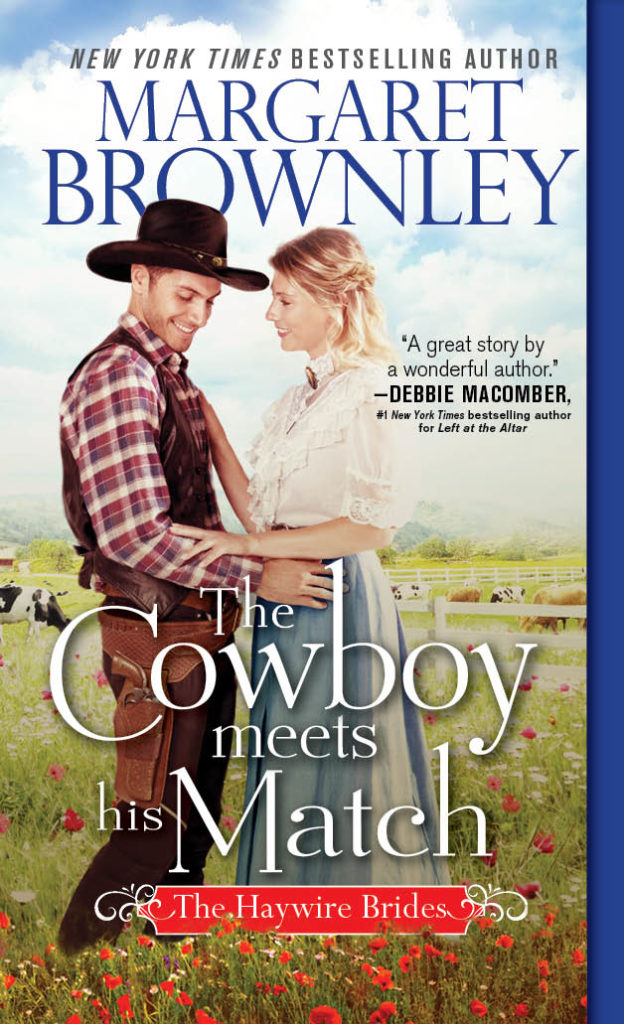
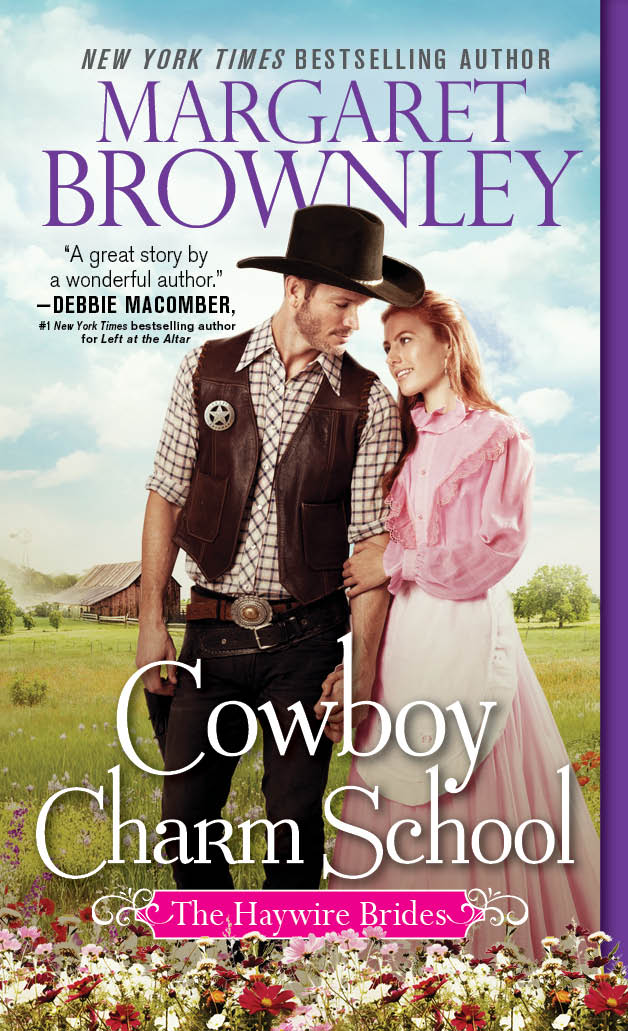
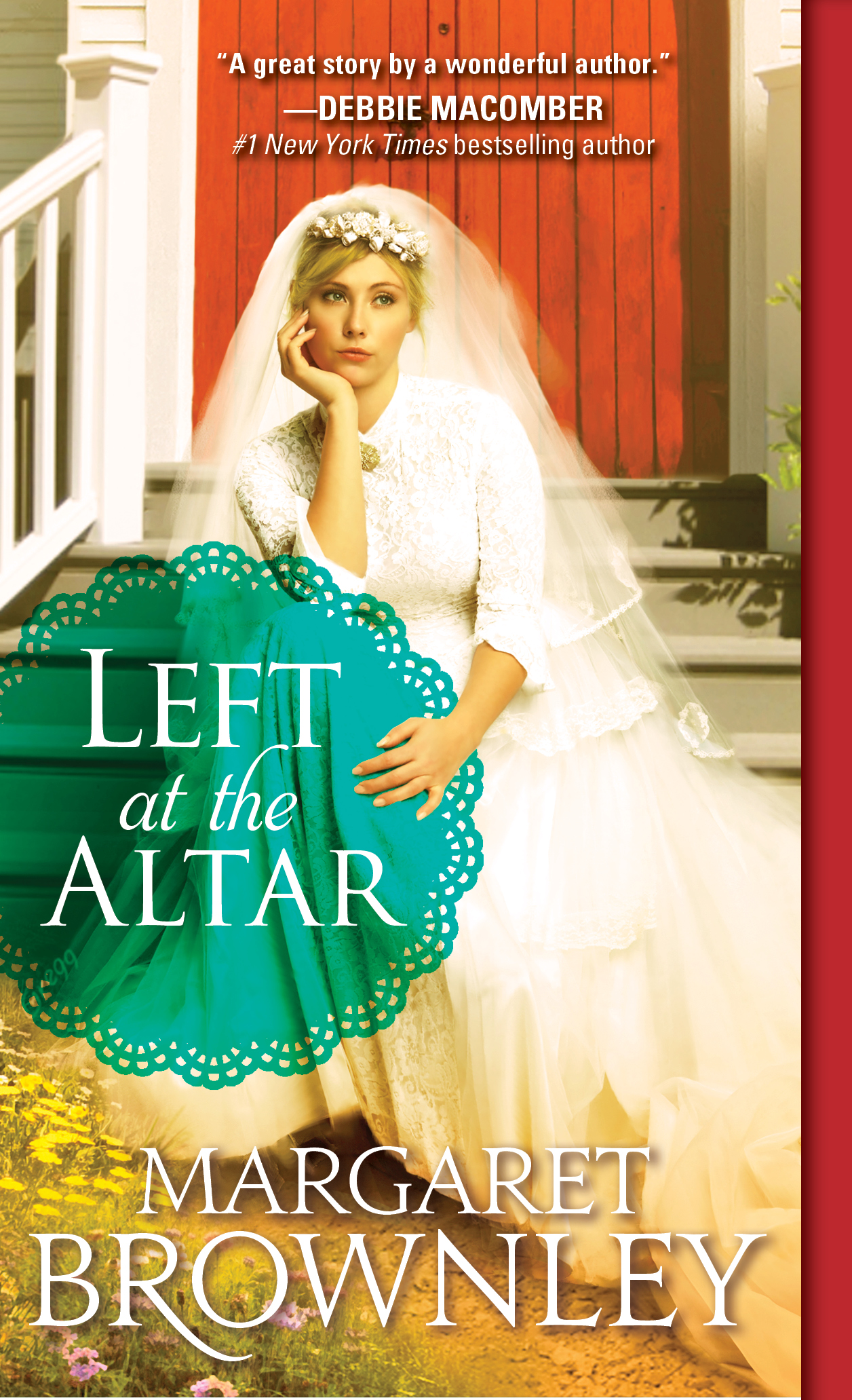
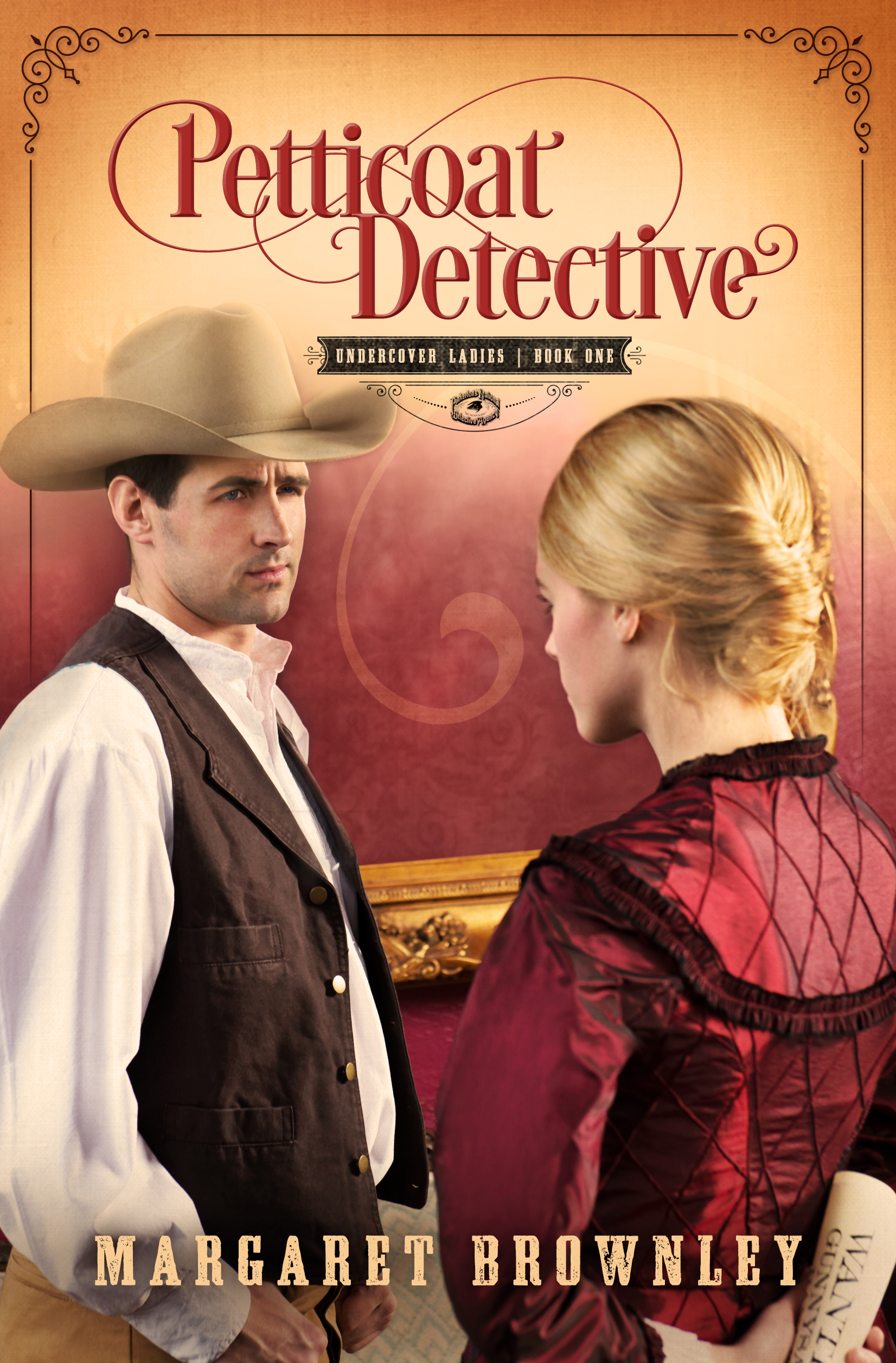
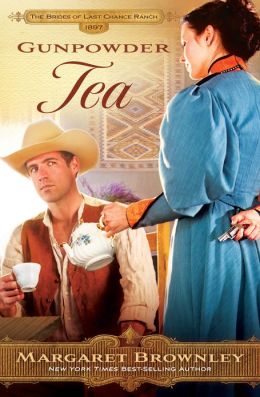
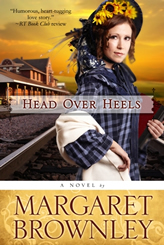
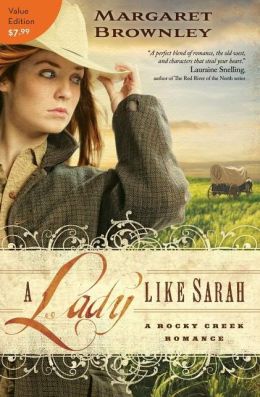
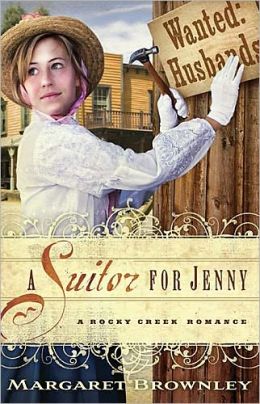
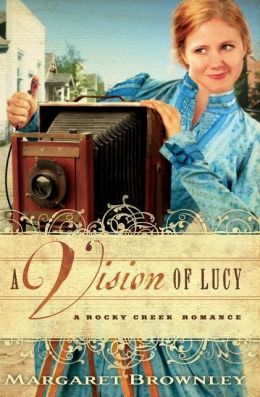
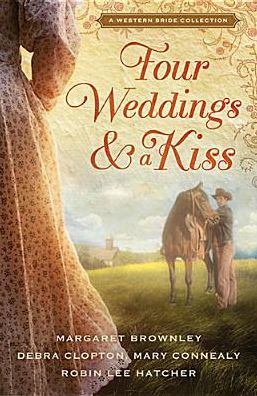

Connect with me